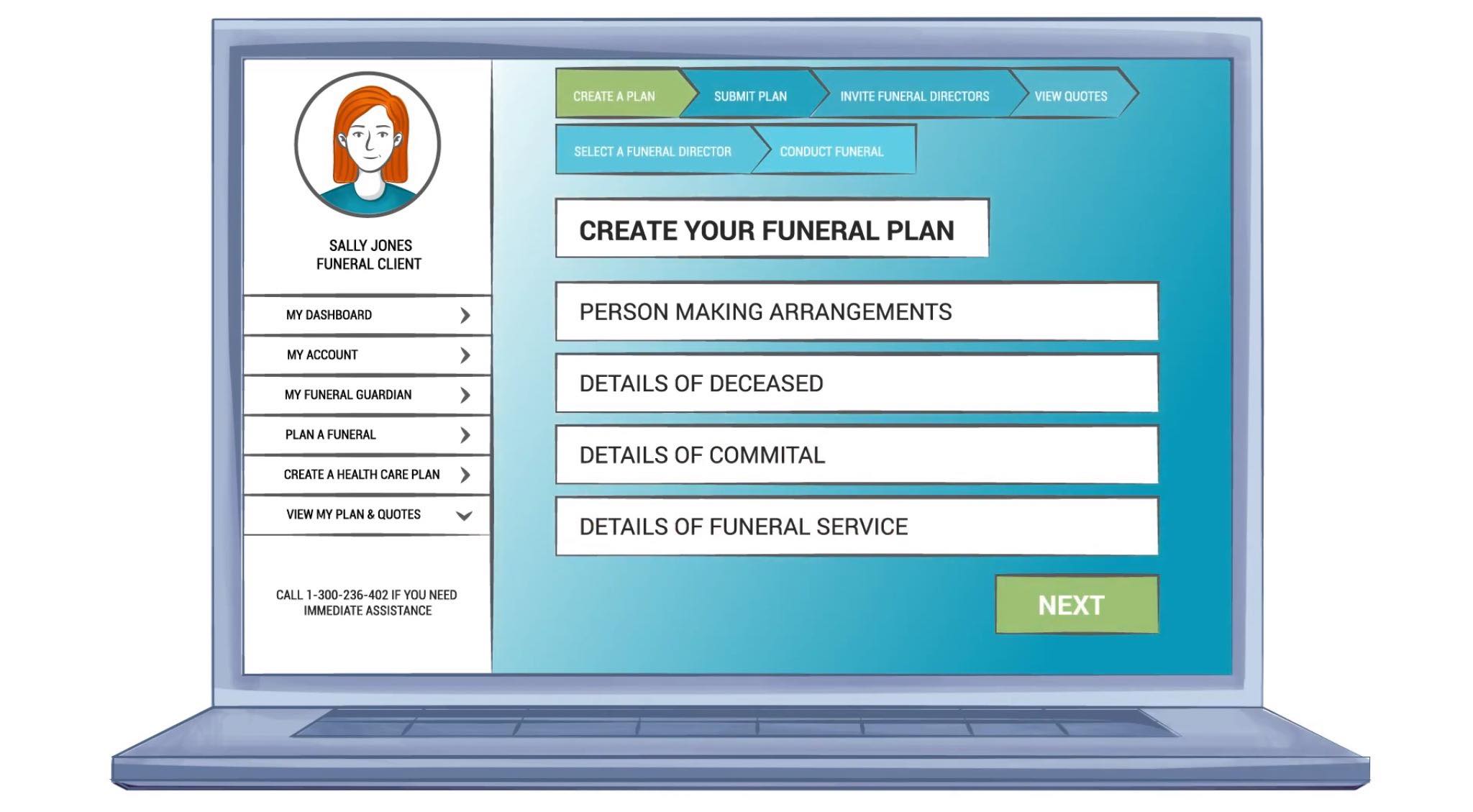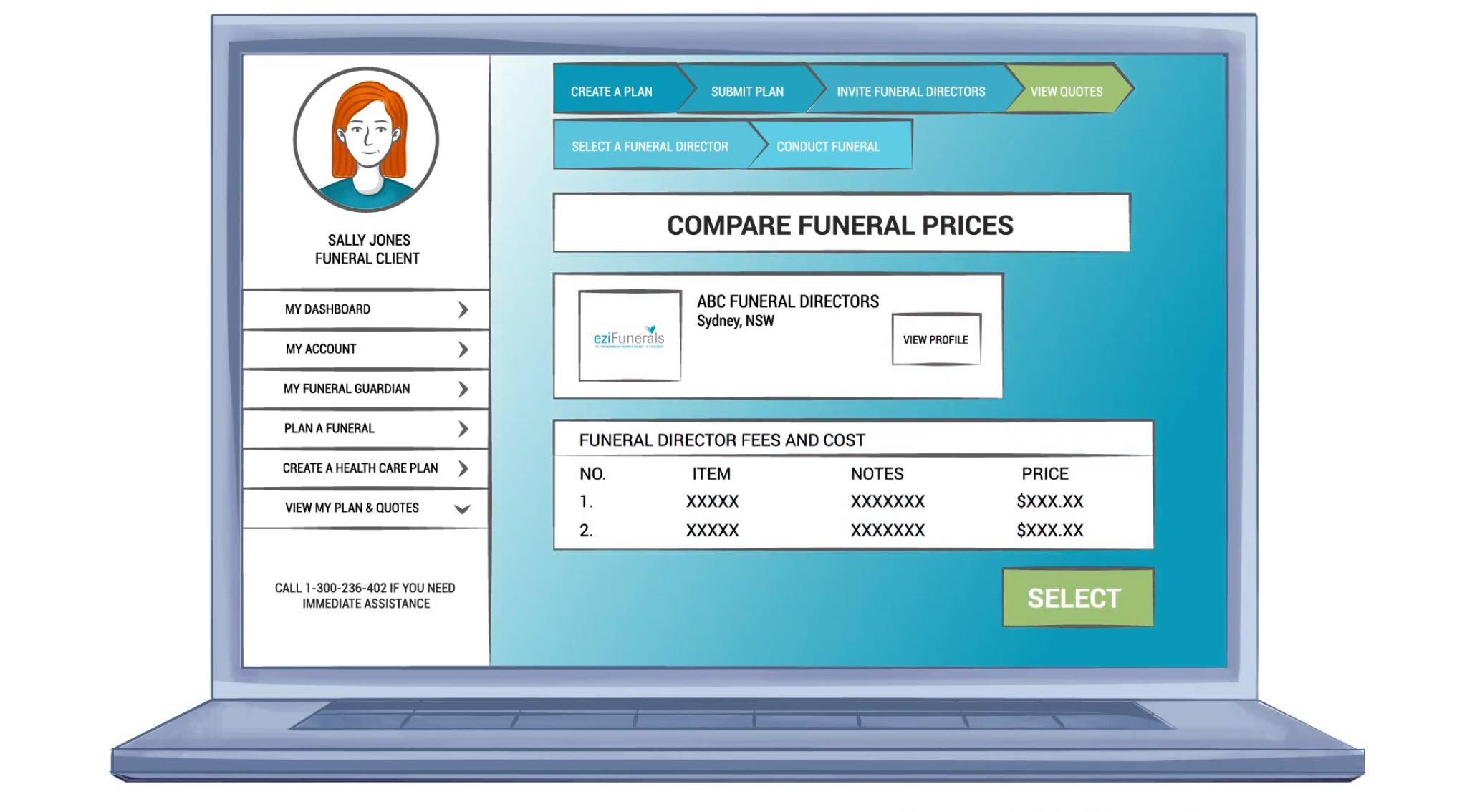
When a loved one passes away, and funeral costs begin to mount, it can be stressful – and, sadly, a strain on family relations – to determine who bears responsibility for covering those costs.
Questions that typically arise at this time are:
- Who arranges a funeral?
- Who pays for a funeral?
- Can I recover funeral expenses from the deceased’s estate?
- What if the deceased has no estate?
- Can I avoid being out of pocket when paying for a funeral?
This article aims to provide clarity around these frequently asked questions.
1. Who arranges a funeral?
Where the deceased had a will, the executor – that is, the person appointed to administer the deceased’s estate – is responsible for arranging the funeral. Where the deceased did not have a will, the administrator of the deceased’s estate may organise the funeral.
That being said, it is common for family members or close friends of the deceased to organise the funeral.
2. Who pays for a funeral?
Before arranging a funeral, it’s important to check whether the deceased made arrangements to assist with covering the costs of their funeral – for example, by purchasing funeral insurance, a pre-paid funeral or a funeral bond. If this is the case, all or a significant portion of the deceased’s funeral expenses may already be accounted for.
In the event that the deceased did not take care of their future funeral costs, the funeral will need to be paid for. Generally, the person who organises the funeral – and who has signed a contract with the relevant funeral director – is legally responsible for paying for it. This may be the executor, but is often a family member or close friend of the deceased.
3. Can I recover funeral expenses from the deceased’s estate?
Where the deceased left behind money and/or assets, this is called the deceased’s estate. It may be possible for the person who paid for the deceased’s funeral to recover the costs from the deceased’s estate.
Sufficient funds
The most important factor in determining if funeral costs can be recovered is whether there are sufficient funds in the deceased’s estate.
Generally, the executor of the deceased’s estate will take stock of the deceased’s assets and liabilities, and – provided sufficient funds are available – will use the proceeds of the estate to pay the deceased’s funeral and testamentary expenses, and any other debts and taxes of the deceased (after which any remaining property of the estate will be distributed to its beneficiaries). Funeral costs are paid in priority to other claims and it is common for the deceased to specify in their will how the funeral costs are to be paid.
Timing
Administering an estate can be complex and time-consuming, with the result that even where a deceased’s estate has ample funds, such funds are often not accessible at the time of organising a funeral. It is therefore not unusual for the executor – or a family member – to pay for a funeral out of their own pocket, and to then seek reimbursement when the funds become available.
Given these complications, it may sometimes be possible at the time of holding the funeral to approach the bank where the deceased held an account to seek payment of funeral expenses from the deceased’s funds. It will be necessary to present relevant documentation to the bank (for example, death certificate, funeral account).
Reasonable costs
One thing to remember is that a claim to be reimbursed for funeral costs extends only to expenses that are reasonable. The question as to what is reasonable may be affected by the deceased’s wishes, his/her culture/religion, and the size of the estate.
4. What if the deceased has no estate?
Where a family member or other individual takes responsibility for organising a funeral, it is important that they do not pay for a funeral they cannot afford on the assumption that they will recover the money from the estate. The costs of a funeral cannot be recovered if there are inadequate funds in the estate, or if the deceased has no estate at all.
Where the deceased has no estate, and the responsible individual will struggle to personally cover the funeral costs, it is a good idea to look at ways of minimising funeral expenses, including cheaper funeral options. Financial assistance may also be available to help cover the costs of the funeral.
5. Can I avoid being out of pocket when paying for a funeral?
Using your own money to pay for a loved one’s funeral can be challenging. You’re not only required to stump up a significant sum of money at the time of the funeral, but – because administering an estate can be a lengthy process – you may remain out of pocket for quite some time.
So, is there a way to avoid being out of pocket while waiting for the deceased’s estate to be administered?

About eziFunerals
eziFunerals supports individuals and families cope with end of life decisions, death and funerals. We are an independent, Australian-owned and operated company. We are not part of any other funeral company.
Our member Funeral Directors operate in Sydney, Melbourne, Brisbane, Perth, Adelaide and Australia wide. Thet are chosen for their knowledge, quality, service, personalisation and experience. They go above and beyond, and will take the time to support the family.
For more information or to make contact with a trusted Independent funeral director, call eziFunerals on 1300 236 402 or visit www.ezifunerals.com.au.




